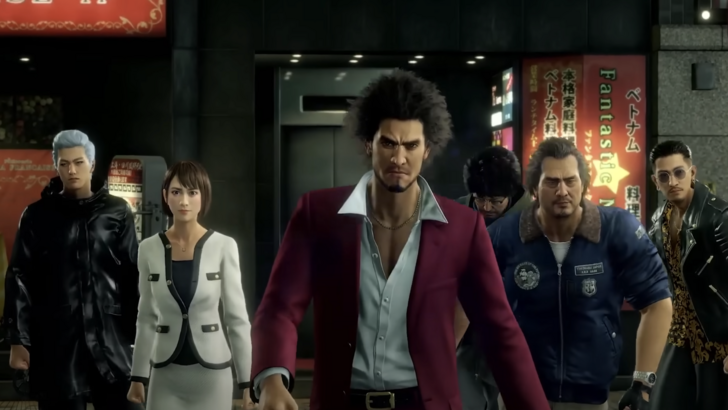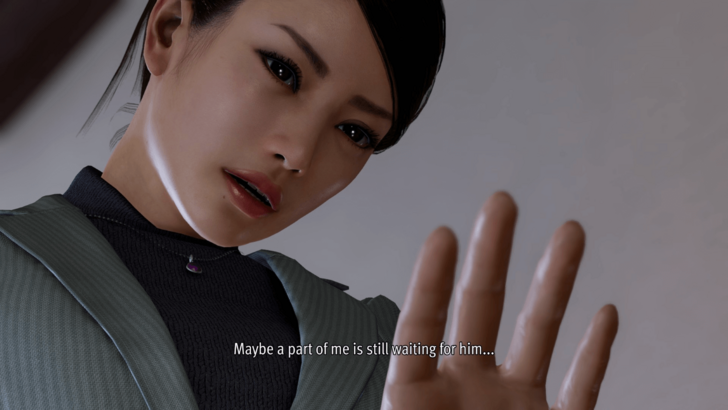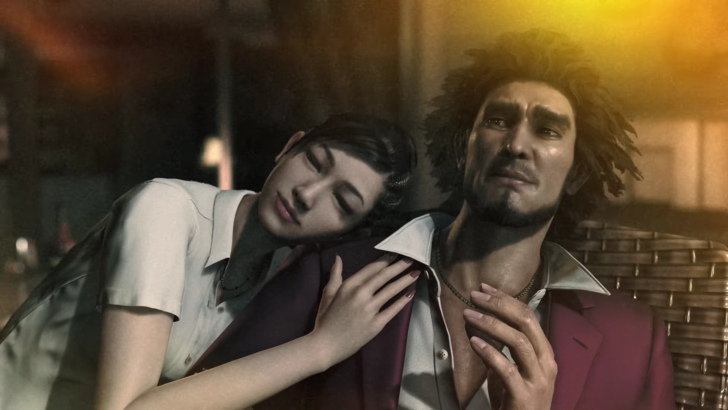 The Yakuza/Like a Dragon series, while expanding its appeal to younger and female players, remains committed to its core identity: middle-aged men experiencing middle-aged life.
The Yakuza/Like a Dragon series, while expanding its appeal to younger and female players, remains committed to its core identity: middle-aged men experiencing middle-aged life.
Like a Dragon Studio Prioritizes its Core Demographic: Middle-Aged Men
Staying True to the "Middle-Aged Guy" Experience
 The enduring popularity of the Yakuza (now Like a Dragon) series, spearheaded by the charming Ichiban Kasuga, has attracted a diverse fanbase. However, the developers have reaffirmed their intention to retain the series' unique focus.
The enduring popularity of the Yakuza (now Like a Dragon) series, spearheaded by the charming Ichiban Kasuga, has attracted a diverse fanbase. However, the developers have reaffirmed their intention to retain the series' unique focus.
Director Ryosuke Horii, in an interview with AUTOMATON, stated, "We've seen a significant increase in new fans, including women, which we greatly appreciate. But we won't alter our storytelling to pander to this new audience. That would mean abandoning discussions about things like uric acid levels."
Horii and lead planner Hirotaka Chiba emphasized the series' distinctive appeal lies in its portrayal of "middle-aged guy things," reflecting their own experiences. From Ichiban's Dragon Quest obsession to his complaints about back pain, they believe this relatable "humanity" is key to the game's originality.
Horii added, "The characters are realistic, like our players, making their problems relatable. This fosters immersion, feeling like you're listening to everyday conversations."
 Series creator Toshihiro Nagoshi, in a 2016 Famitsu interview (via Siliconera), expressed surprise at the rise in female players (approximately 20%), but confirmed the series' initial design targeted male players. He emphasized caution against overly catering to female players, ensuring the series remains true to its vision.
Series creator Toshihiro Nagoshi, in a 2016 Famitsu interview (via Siliconera), expressed surprise at the rise in female players (approximately 20%), but confirmed the series' initial design targeted male players. He emphasized caution against overly catering to female players, ensuring the series remains true to its vision.
Scrutiny of Female Representation in the Yakuza Series
 Despite its primarily male-oriented marketing, the series has faced criticism regarding its female characters. Some fans argue the series employs sexist tropes, relegating women to supporting roles or objectifying them.
Despite its primarily male-oriented marketing, the series has faced criticism regarding its female characters. Some fans argue the series employs sexist tropes, relegating women to supporting roles or objectifying them.
ResetEra users have pointed out that while progress has been made, female representation remains weak, with many instances of sexist tropes and scenarios. The limited number of female party members and the frequent use of suggestive remarks by male characters towards women have also been cited as concerns.
The "damsel-in-distress" trope is prevalent in characters like Makoto (Yakuza 0), Yuri (Kiwami), and Lilly (Yakuza 4). This recurring pattern of marginalizing female characters is a concern for the future.
Chiba, in a lighthearted comment, acknowledged that even in Like a Dragon: Infinite Wealth, female character interactions often get sidetracked into male-dominated conversations.
 While the series strives for inclusivity, it occasionally falls back on outdated tropes. Despite this, newer installments show improvement. Game8's 92/100 review of Like a Dragon: Infinite Wealth praised it as a fan-pleasing title that effectively charts the franchise's future. For a detailed analysis, see our full review.
While the series strives for inclusivity, it occasionally falls back on outdated tropes. Despite this, newer installments show improvement. Game8's 92/100 review of Like a Dragon: Infinite Wealth praised it as a fan-pleasing title that effectively charts the franchise's future. For a detailed analysis, see our full review.
















